Principles in neurodiversity
1. The brain works more like an ecosystem than a machine.
Until now, we have often thought of the brain as a computer, or some kind of machine. Research shows that our brains are not hardware, not software, but what is called wetware, a complex organic organization. The analogy of the brain with an ecosystem in all its complexity is becoming increasingly popular.
2. The brain works with a fluent flow of competencies
People can have a large number of more and less strong characteristics at the same time. Better than speaking of disorder categories, we can speak of a fluent course of competencies.
We all score somewhere along the spectrum when it comes to language skills, social skills, learning opportunities, attention and concentration, impulsivity and so on. Dyslexia, for example, starts with very slight impairments of reading and language skills and progresses to serious limitations. Autism spectrum indicates that there are very different competencies in social and emotional skills.
None of this has anything to do with how intelligent a person is.
3. Human competencies are determined by the values of the culture. Crazy or gifted? It depends largely on when and where you were born.
What is considered a disorder strongly reflects the values of a certain culture. Dyslexia assumes that everyone is supposed to be able to read well, that was absolutely different 150 years ago.
What we in the Western world now characterize as schizophrenic is also regularly seen as sacred in other cultures (and in our own past), as visionary. Hallucinations are and were often not considered disturbed at all in the religious context.
In pre-civil war America there was a disorder called "drapetomania": the obsessive urge to flee your master as a slave.
4. Success is based on adapting to the habits of the environment
We live in a certain culture and are accepted as we adapt to the norms and values and customs in that culture. So somebody with dyslexia has to learn to read, somebody with autism spectrum traits has to adapt socially as much as possible and somebody with schizophrenic traits has to become as rational as possible etc etc. With medication and psychological support we sometimes support this adaptation. But the learnability of a brain organisation is limited. Acceptance of and support for the other properties to flourish.
5. Success also depends on the ability to adapt the environment to someone's unique brain
It is not the peculiarities of neurodiversity itself that cause exclusion. If there is a basic attitude of acceptance, everyone's talents can be developed and exploited and attention points can be taken up. A match between qualities and requirements!
This results in a win-win situation in the field of work.
It is not the peculiarities of neurodiversity itself that cause exclusion. If there is a basic attitude of acceptance, everyone's talents can be developed and exploited and attention points can be taken up. A match between qualities and requirements!
This results in a win-win situation in the field of work.
